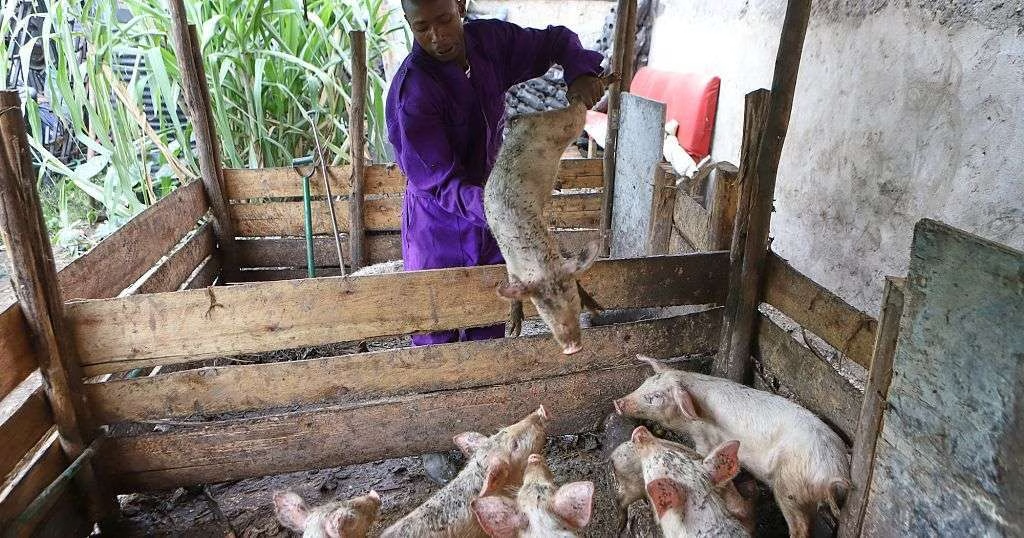From Gangs to Gardens: Kenyan Youth Find New Path
In the heart of Nairobi’s Mathare slum, a remarkable transformation is taking place. Young men who once lived the "gangster life" are now dedicated farmers with a social mission. They grow food, feed neighborhood children, and run other projects, all aimed at steering youth away from crime and addressing food insecurity in one of Kenya’s poorest communities.
Joseph Kariaga, 27, and his friends used to snatch phones, mug people, and battle police. But everything changed when Kariaga’s brother was shot dead by police. "We changed after many died, my friends, so many. Even my brother," Kariaga says. "We decided to change to be the young ones’ ambassadors." This turning point led to the founding of Vision Bearerz in 2017, an urban farm that has become a beacon of hope in Mathare, one of Africa’s most populous slums.
Despite the challenges, Vision Bearerz has made a significant impact, feeding over 150 children at lunchtime every week. Residents praise the group, calling them role models. Experts believe that local organizations like Vision Bearerz may be the future of aid, especially amid cuts to foreign funding. The group’s work is crucial in a neighborhood where an estimated half-million people live in less than two square kilometers.
Mathare is just one example of the informal settlements that are home to 60% of Nairobi’s population. According to CFK Africa, a non-governmental organization that runs health and poverty reduction programs in these neighborhoods, lack of infrastructure is a major challenge. Jeffrey Okoro, the group’s executive director, notes that poverty pushes youth into crime, and the lure of gangs is a significant problem. "One of the major challenges affecting young people in slums is gangs and the lure of making it rich or getting a quick buck," he says.
The farmers of Vision Bearerz know this all too well. Ben Njoki, 28, has face tattoos that remind him of his gang-affiliated past. "We were going through ups and downs like lacking money, so we had to get it from wherever we could," he says. But now, they are dedicated to creating positive change. As Kariaga puts it, "We decided to change to be the young ones’ ambassadors." Their story is a powerful reminder that even in the toughest of environments, transformation is possible, and that local initiatives can be the key to creating lasting change.
In a world where foreign funding is uncertain, Vision Bearerz shows that community-led projects can be the future of aid. Their work is a testament to the resilience and determination of young people in Africa’s urban slums, who are finding new paths and creating positive change in their communities. As the world looks to address the challenges of urbanization and poverty, the story of Vision Bearerz is a beacon of hope, inspiring others to follow in their footsteps and create a brighter future for all.
